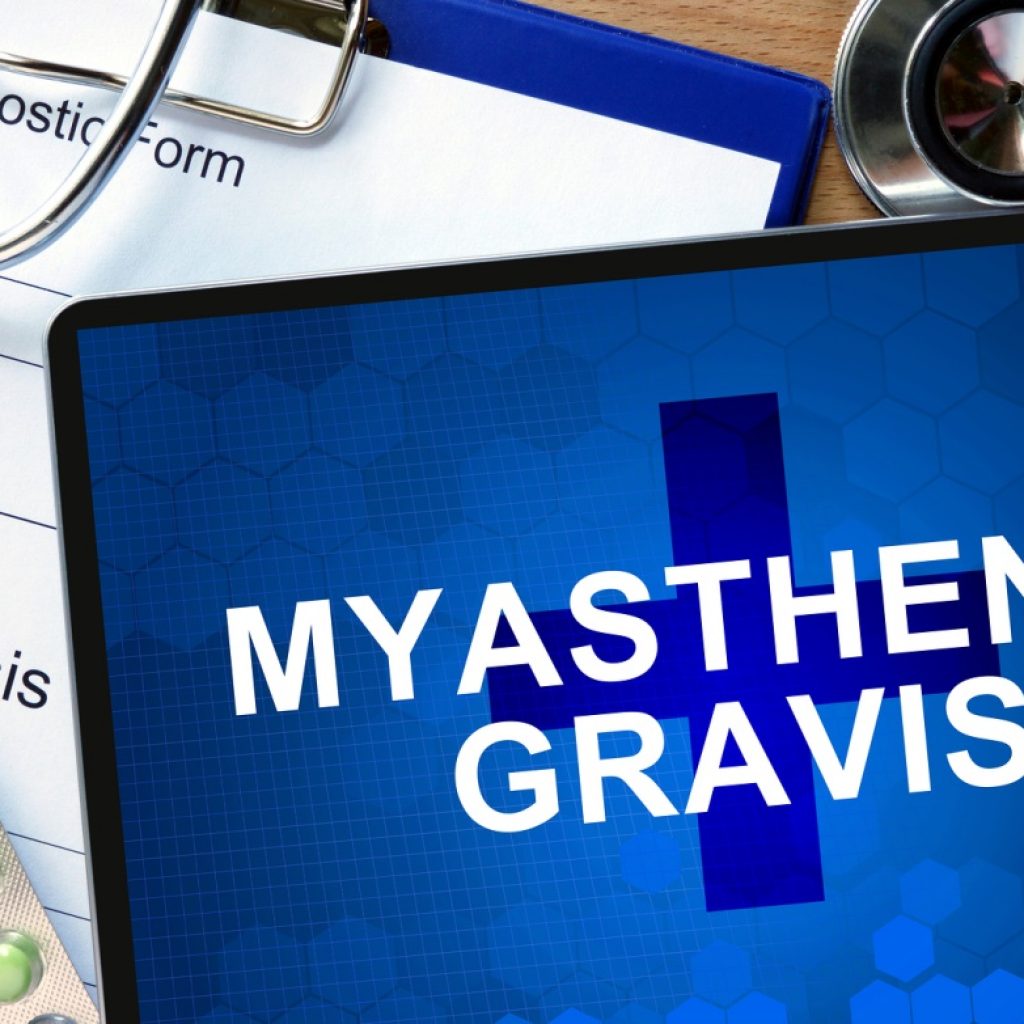Your Neurology Specialist Discusses Transverse Myelitis
Transverse myelitis is the inflammation of the spinal cord caused by nerve cell damage in certain areas of the central nervous system. It can affect all ages and genders. While transverse myelitis still has no known cure, your Dulles neurology expert Dr. Sarbjot Dulai can help patients develop a treatment plan that relieves its symptoms and improves their quality of life. Learn more about transverse myelitis, and what to expect if you or someone you know has the condition.
Definition
In transverse myelitis, the word “transverse” refers to the band-like pattern of sensations across the body, while “myelitis” refers to the inflammation of the spinal cord. The condition can be the first sign of certain autoimmune diseases.
Transverse myelitis is known to affect individuals of any race, gender, or age. However, higher incidences have been observed in those aged 10-19 years old and 30-39 years old. In the US, around 1, 400 new cases of transverse myelitis are diagnosed every year.
Causes
The exact causes of transverse myelitis are mostly unknown. However, the following factors do appear to lead to the condition:
• Immune system disorders
• Viral infections
• Fungal infections
• Bacterial infections
• Multiple sclerosis
• Vascular disorders
• Inflammatory disorders
Once transverse myelitis has been diagnosed, your neurologist in Leesburg will take these conditions into account before making treatment decisions.
Symptoms
Transverse myelitis symptoms often manifest on both sides of the body, usually below the affected area along the spinal cord. There are also cases when symptoms are felt only on one side of the body. Patients may experience symptoms in as little as over a few hours or over several days and weeks after the condition’s development.
The following symptoms may indicate transverse myelitis:
• Pain
Individuals may suddenly feel sharp pain around their lower back or abdomen. They may also experience pain shooting down their arms and legs.
• Weakness in the legs or arms
Some patients start feeling heaviness in the legs, which may progress to foot dragging and higher incidences of stumbling. The weakness can intensify and even lead to complete paralysis.
• Unusual sensations
Tingling, numbness, burning, coldness, extreme sensitivity, and other abnormal sensations are often associated with transverse myelitis.
• Bowel and bladder issues
In some cases, transverse myelitis can cause more frequent urination and urinary difficulties. It may also trigger incontinence and constipation.
Diagnosis
Since symptoms may manifest as part of other conditions and diseases, it can be hard to diagnose transverse myelitis without the help of an experienced neurologist in Leesburg, VA. The moment you notice these symptoms in yourself or a loved one, schedule a consultation with Dr. Dulai.
To rule out other conditions, you may be asked to undergo:
• A thorough neurological examination
• Lumbar puncture
• MRI
• Blood tests
• And more
He will also take a detailed medical history and may repeat some tests before finalizing his diagnosis.
Treatment and Management
There is currently no cure for transverse myelitis. Treatment plans focus on minimizing and preventing further neurological deficits, which typically involve the following:
• Intravenous corticosteroid drugs
• Intravenous immunoglobulin
• Plasma exchange therapy
• Antiviral medications
• Pain medicine
• Other medication to treat complications
• Therapy
• Rehabilitative therapy
• Lifestyle changes
The key to successfully managing transverse myelitis is to get diagnosed and get on a customized treatment plan as soon as possible.
Schedule a consultation with Dulles neurology specialist, Dr. Sarbjot Dulai, here at Neurology Associates if you suspect that you or someone you know is suffering from this condition. Call us now at (703) 726-6393 for inquiries or to book an appointment!














